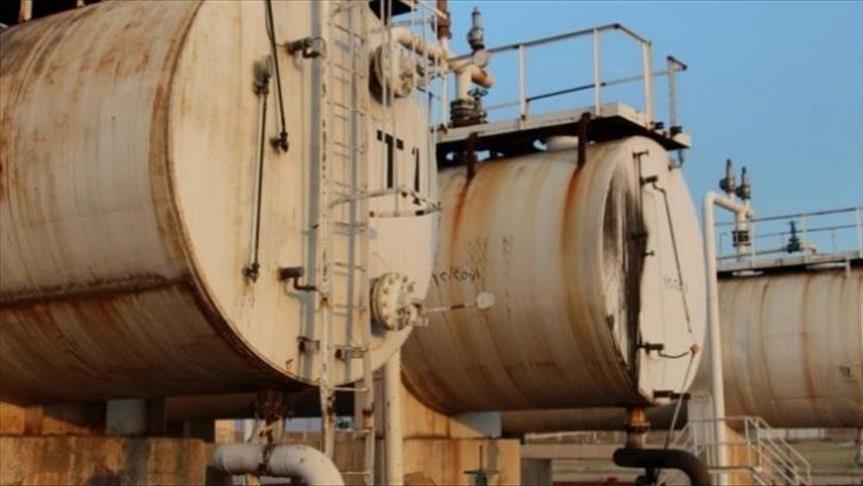The latest OPEC deal to curb oil production for the second quarter of 2020 would prevent some of the rise in global oil storage capacity, according to experts on Friday. OPEC and non-OPEC oil producing countries agreed earlier Friday to cut their total oil production by 10 million barrels per day (bpd) from May 1 until June 30. "A 10 million bpd cut would be very supportive of price over the second quarter," Ann-Louise Hittle, vice president of macro oils at Wood Mackenzie, said in a note
She said the output cuts by the group dubbed as OPEC+ would ease the pressure on global oil storage, and also prevent another steep decline in crude prices that was seen last month.
"A 10 million bpd reduction may seem small compared with some very high demand loss estimates, but if the curbs are implemented it would slow the build-up in storage and avoid the surplus of supply over the second quarter, when the Covid-19 shutdowns are the extensive and demand lowest," she explained.
Due to the spread of coronavirus (Covid-19) around the world, global oil transportation has rapidly declined and oil consumption plummeted.
OPEC+ nations met on March 6 to make deeper cuts into their production to avoid oversupply due to falling demand, but they failed to do so, causing prices to hit their lowest levels since 2002.
The group's recent cut would "save prices from falling into a deep abyss, but it will still not restore the desired market balance," Rystad Energy said in a statement.
Norway-based energy research center said it estimates a demand-supply imbalance of 27.4 million bpd for this month -- "an amount that is physically impossible for the oil market to absorb."
However, Rystad Energy said 10 million bpd of OPEC+ cut provides the oil market with an additional two to three months before global crude storage capacity is filled.
Yet, even if oil producers that are not members of OPEC+, such as the U.S., Canada, Norway and Brazil, also lower their collective output by 5 million bpd, there will still be an excess of supply of 5-10 million bpd that needs to be stored, it said.
"While the unprecedented gesture by OPEC+ is, without doubt, saving the market from the worst imaginable collapse by buying producers precious needed time to adjust and by removing strain from the storage infrastructure, one should not be overly optimistic," Rystad's statement read.
"We believe that the renewed market optimism will be short-lived," it added.
(by Ovunc Kutlu, Anadolu Agency, April, 10, 2020)




